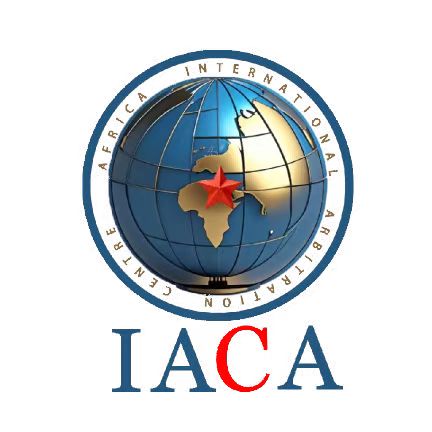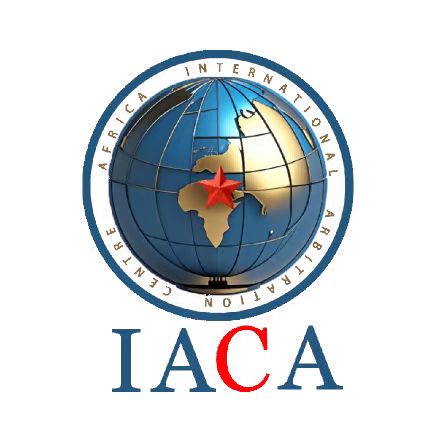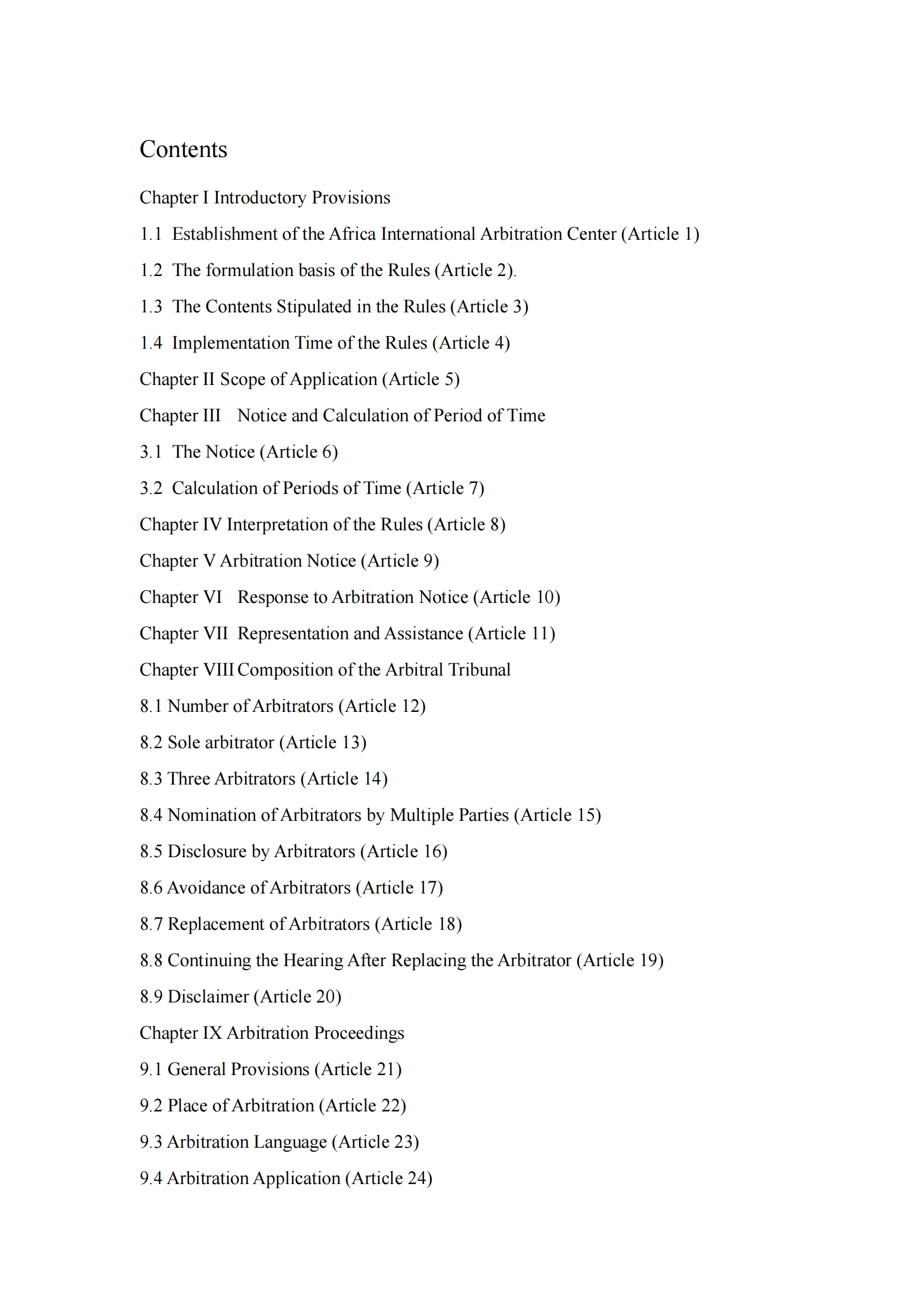
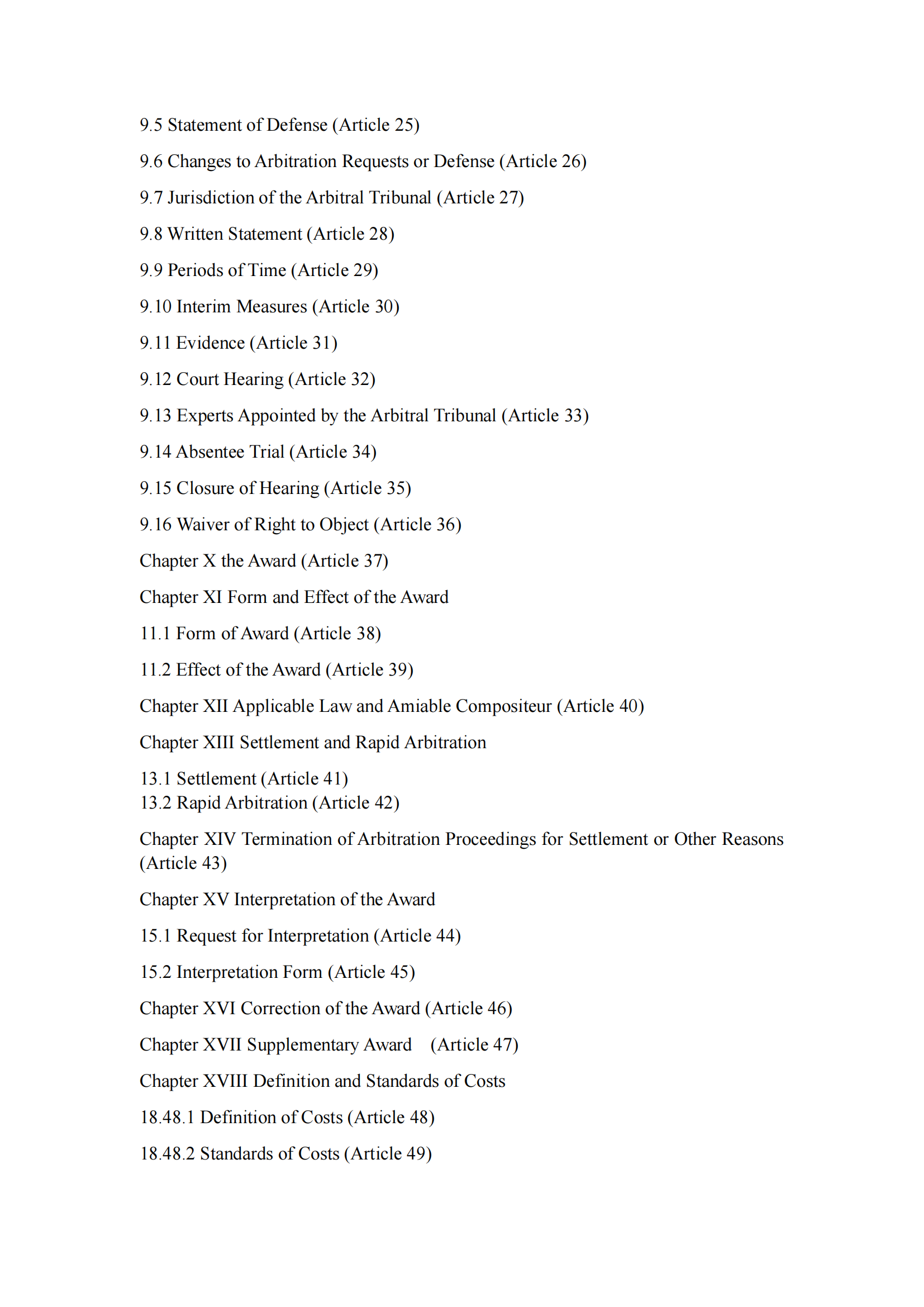

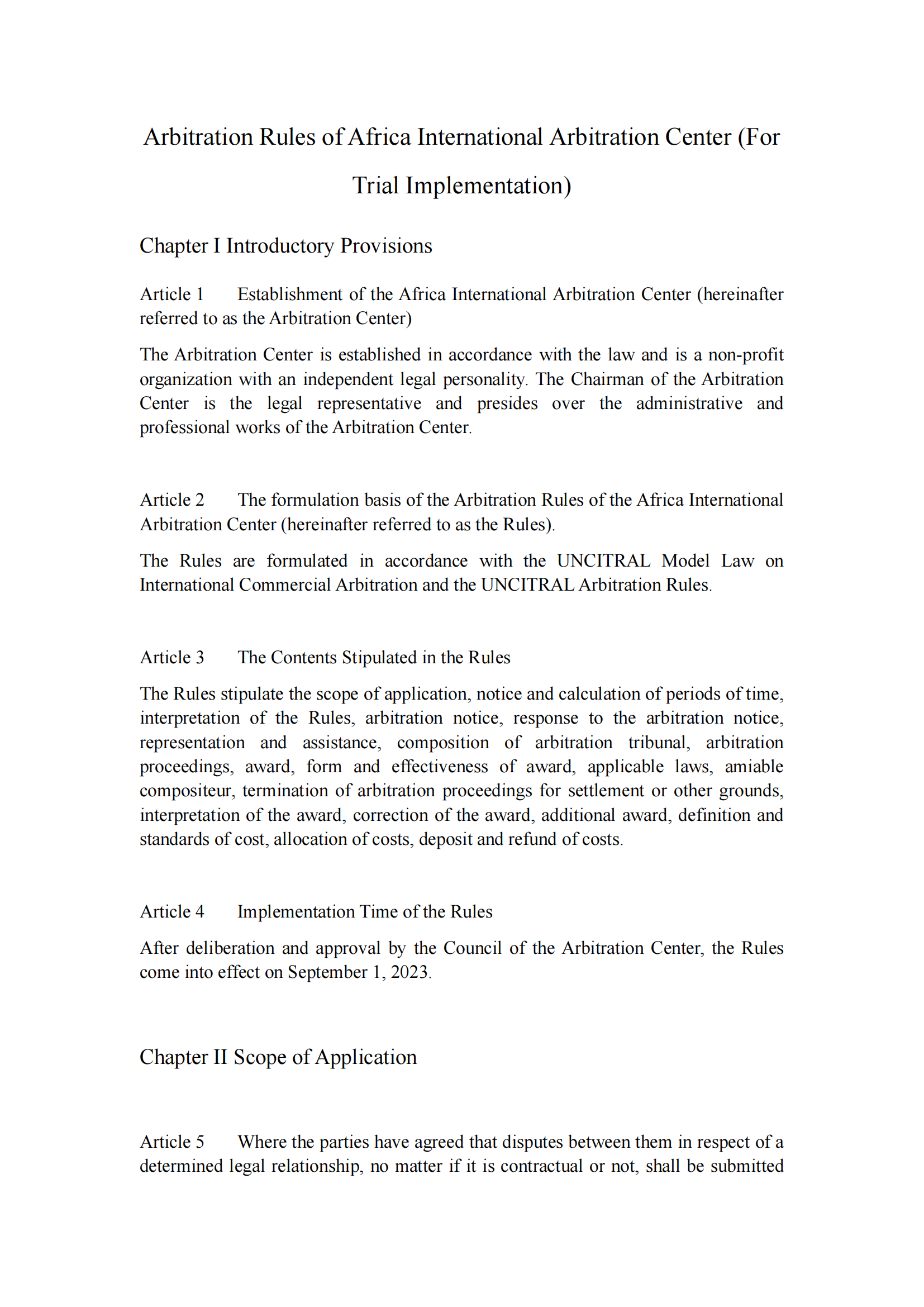
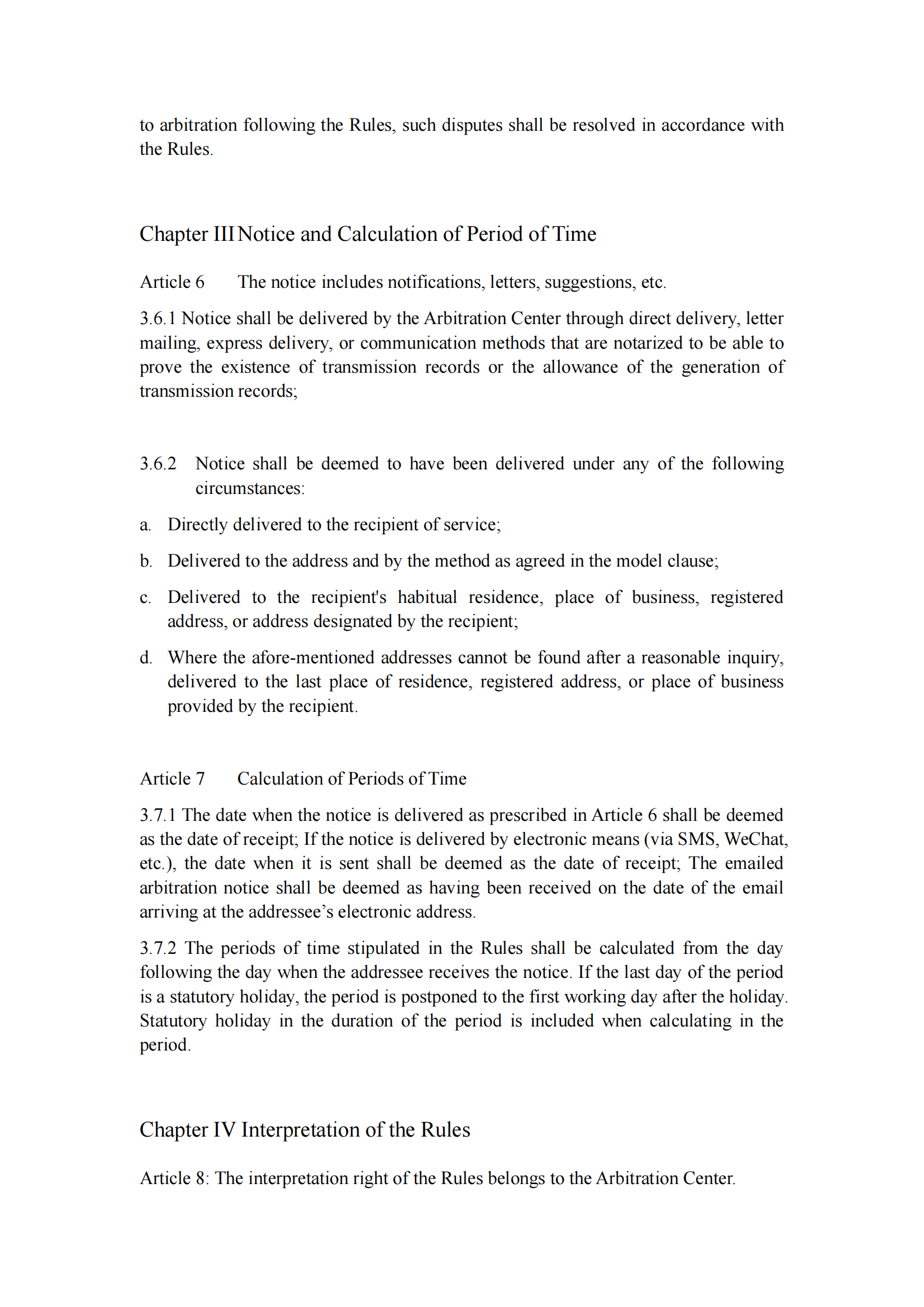
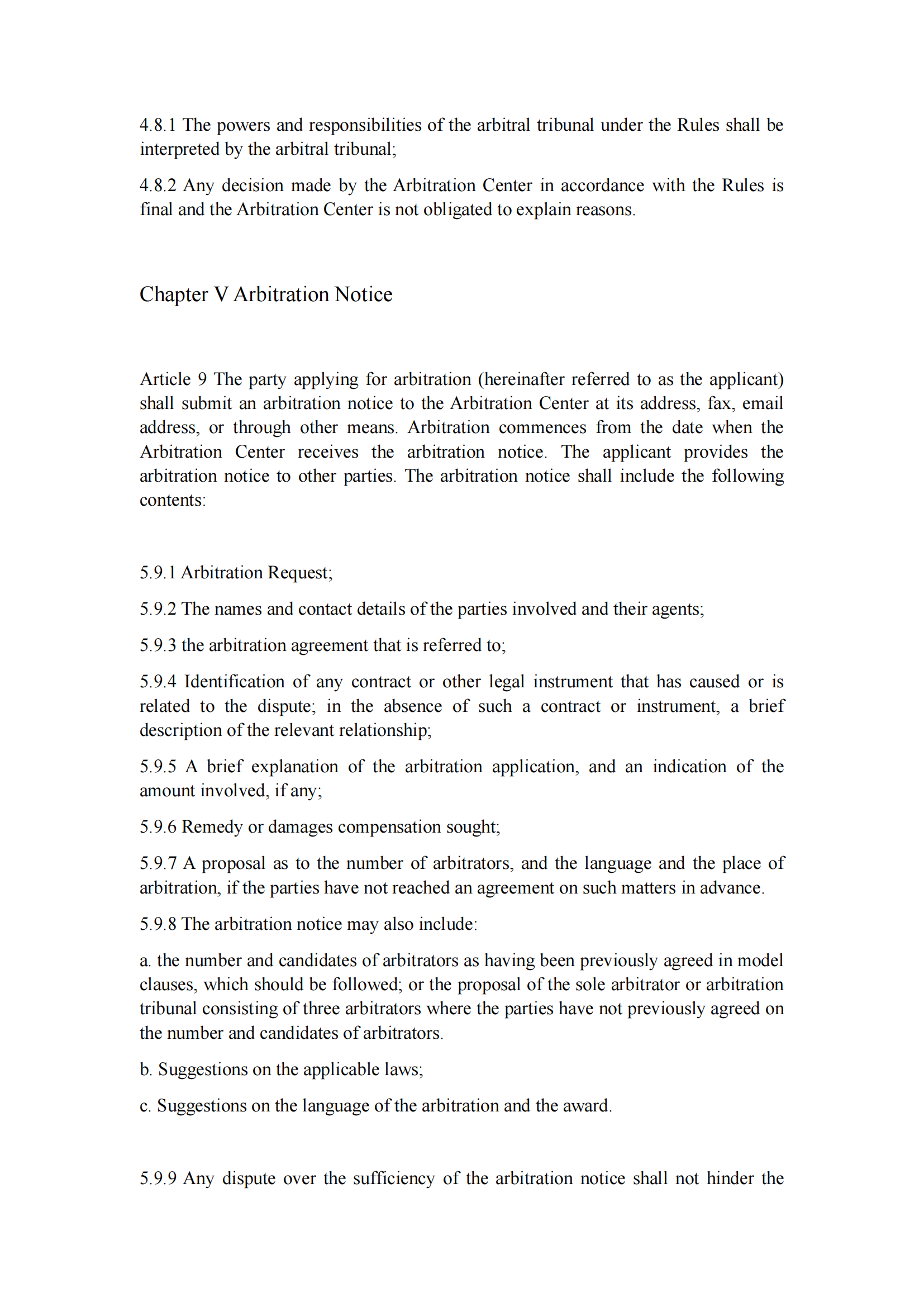
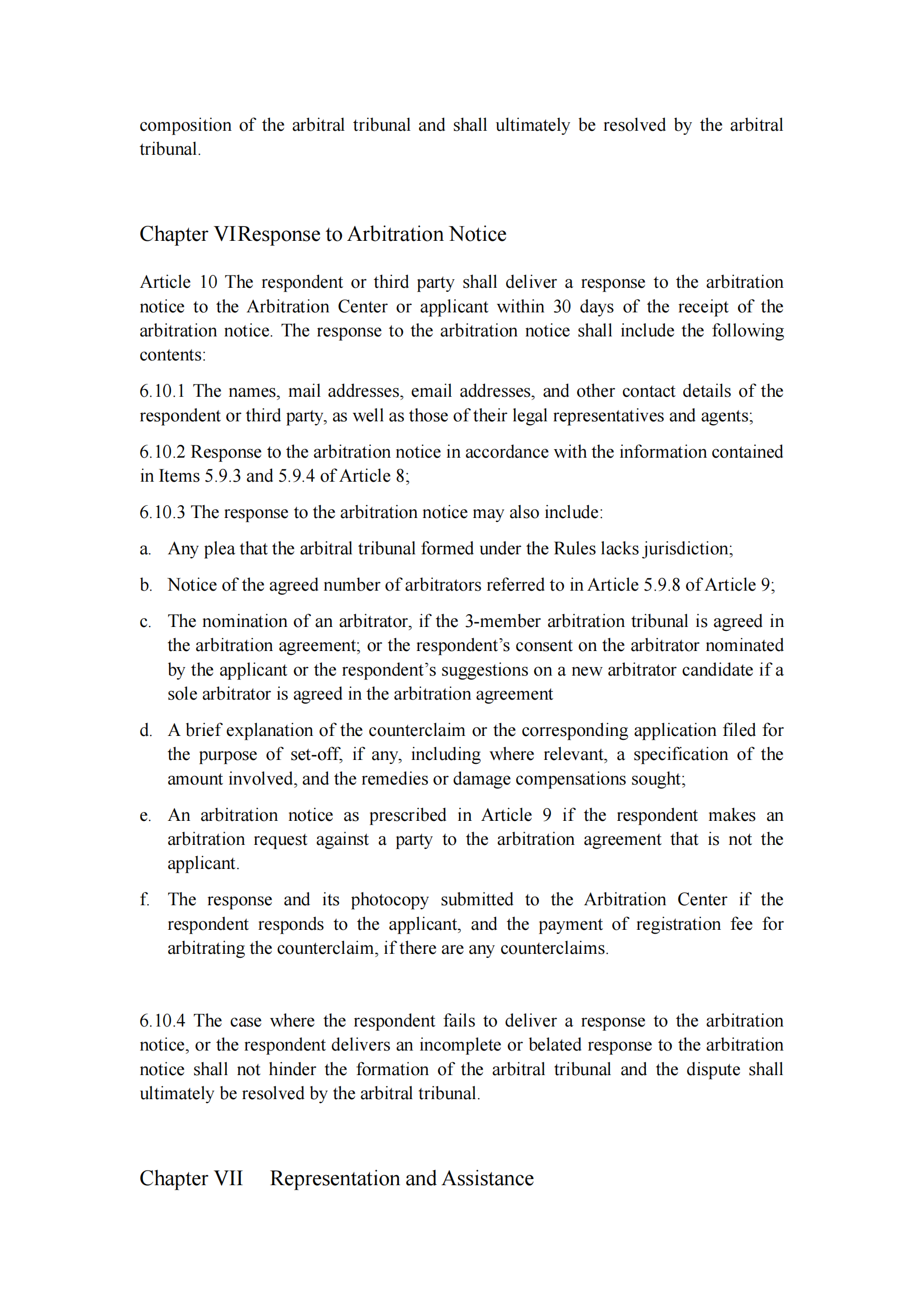
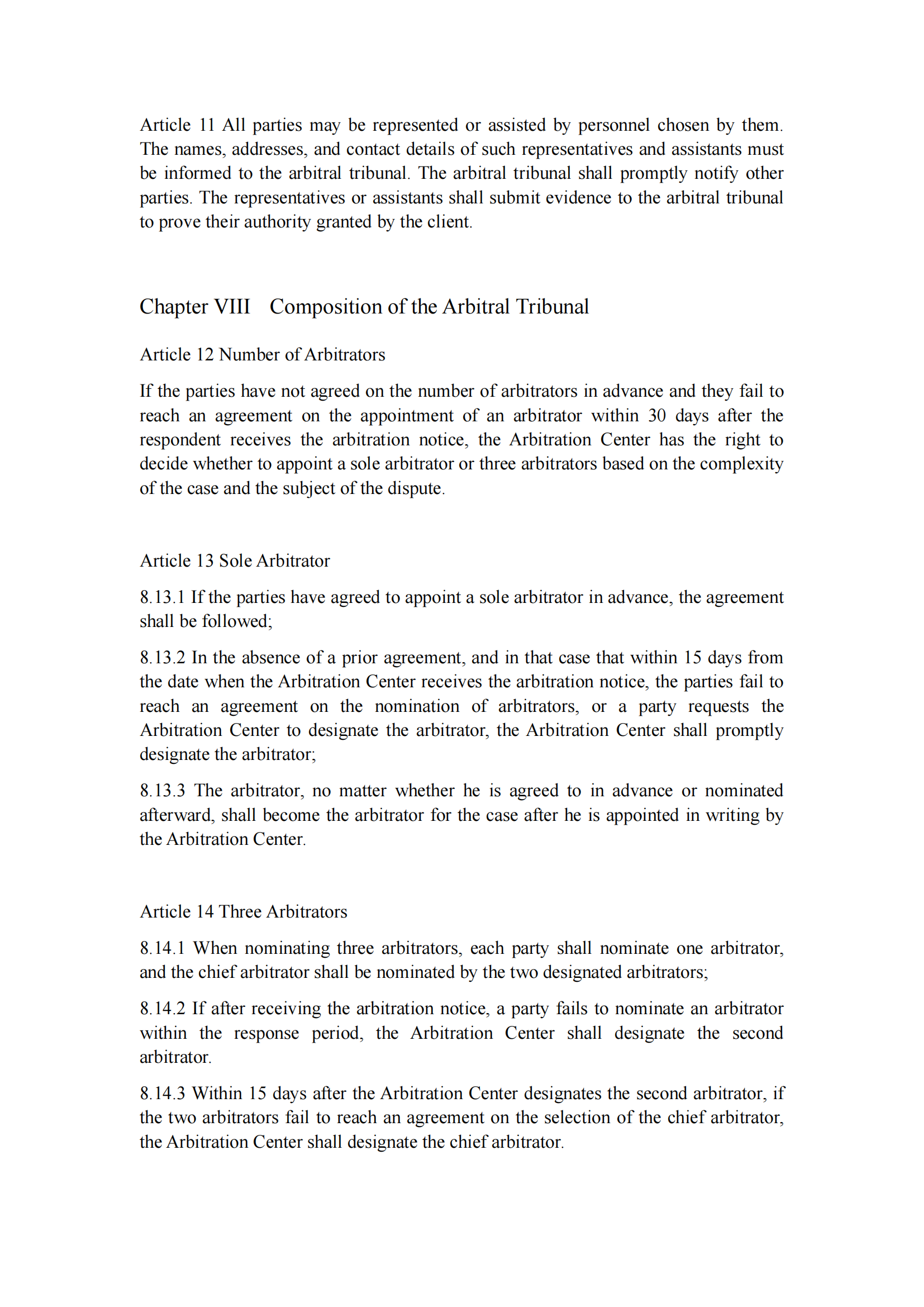
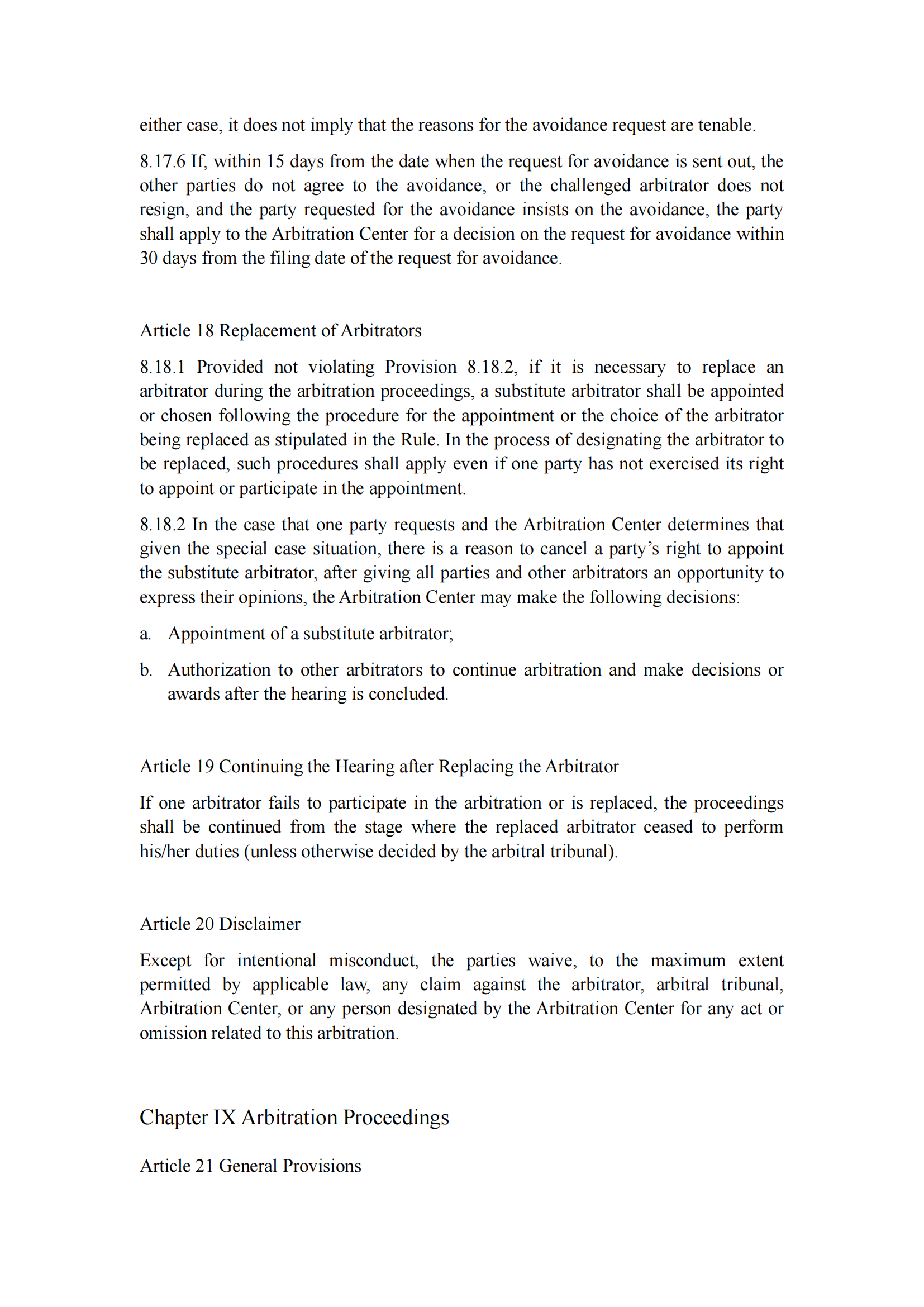

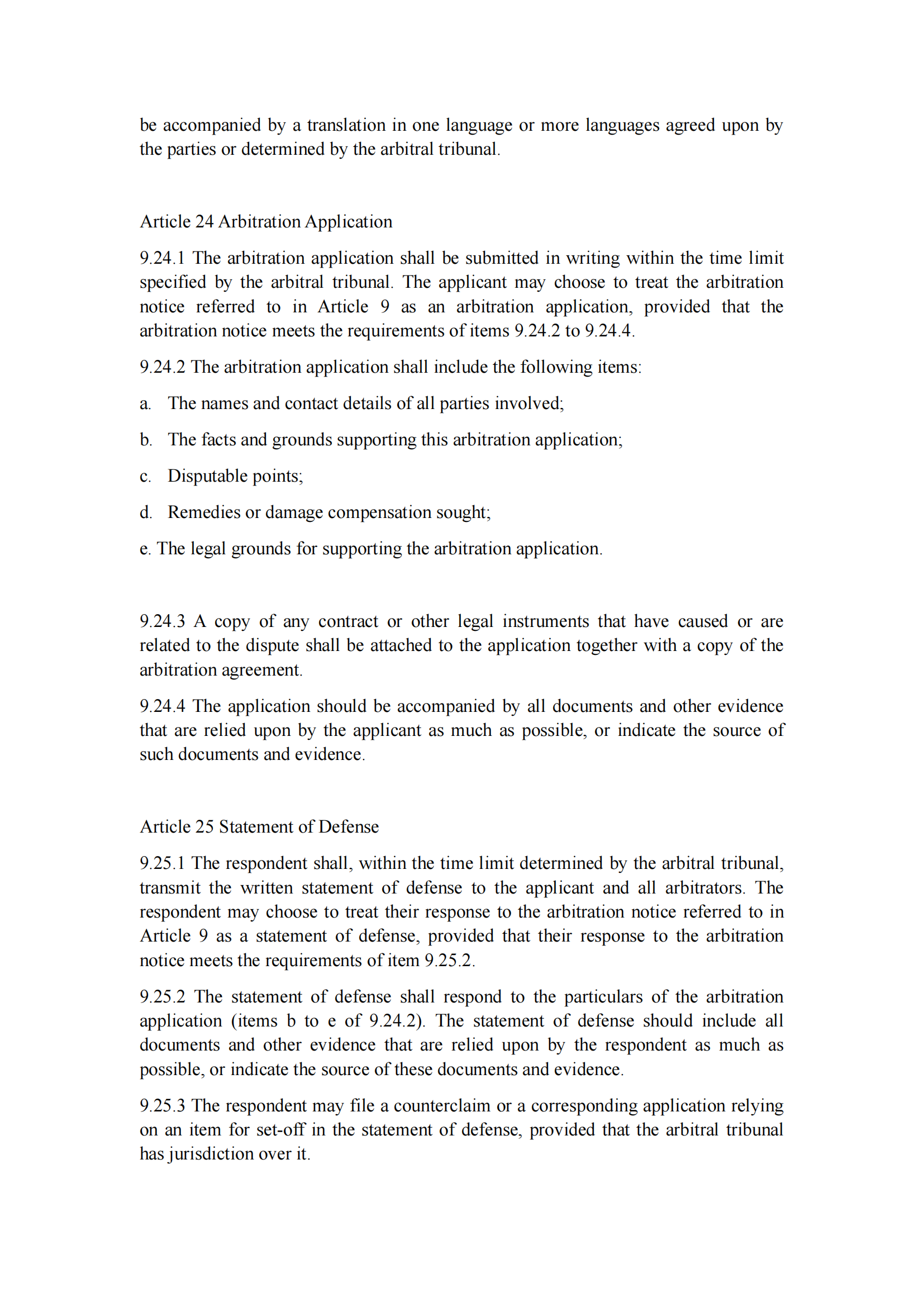
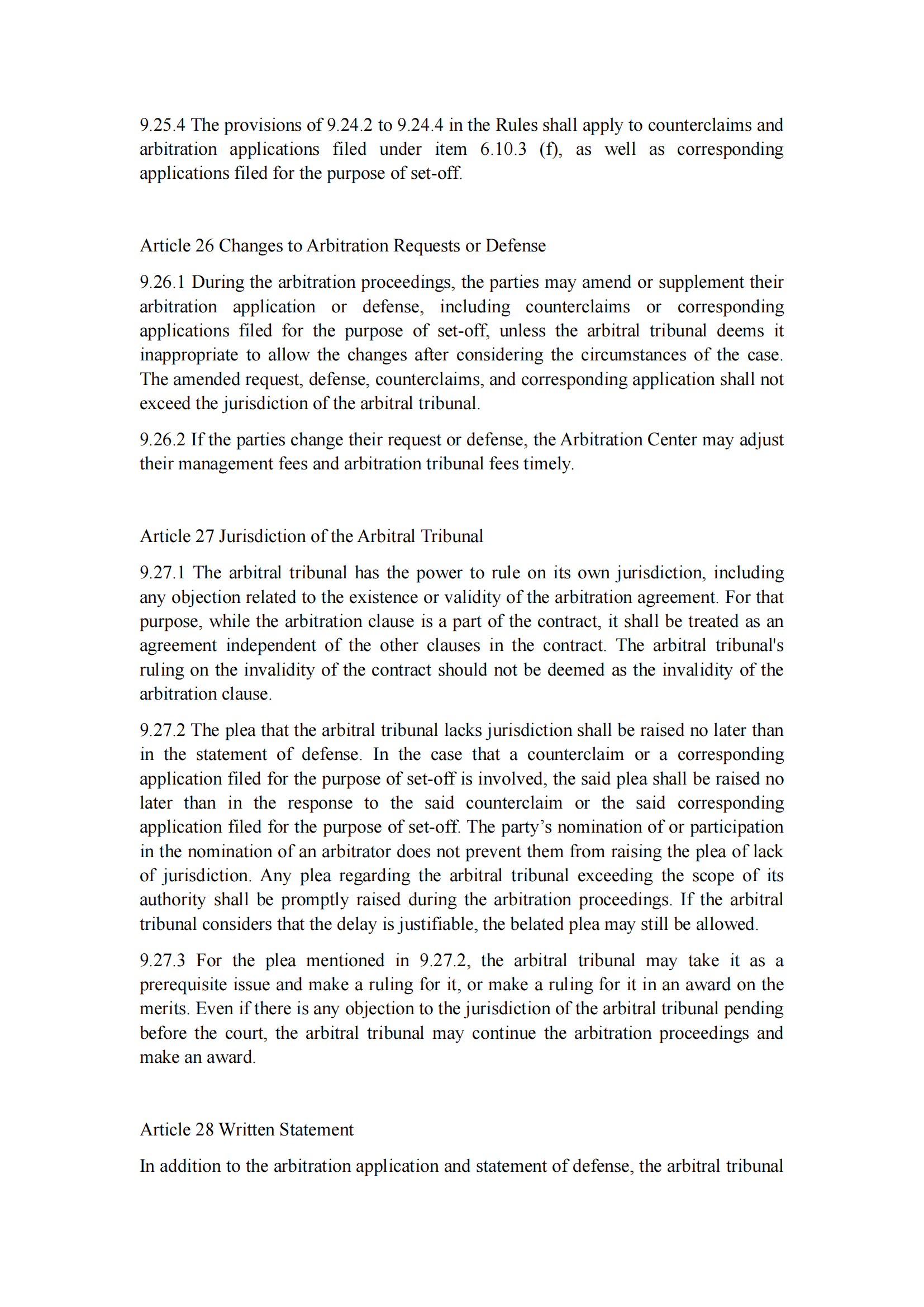
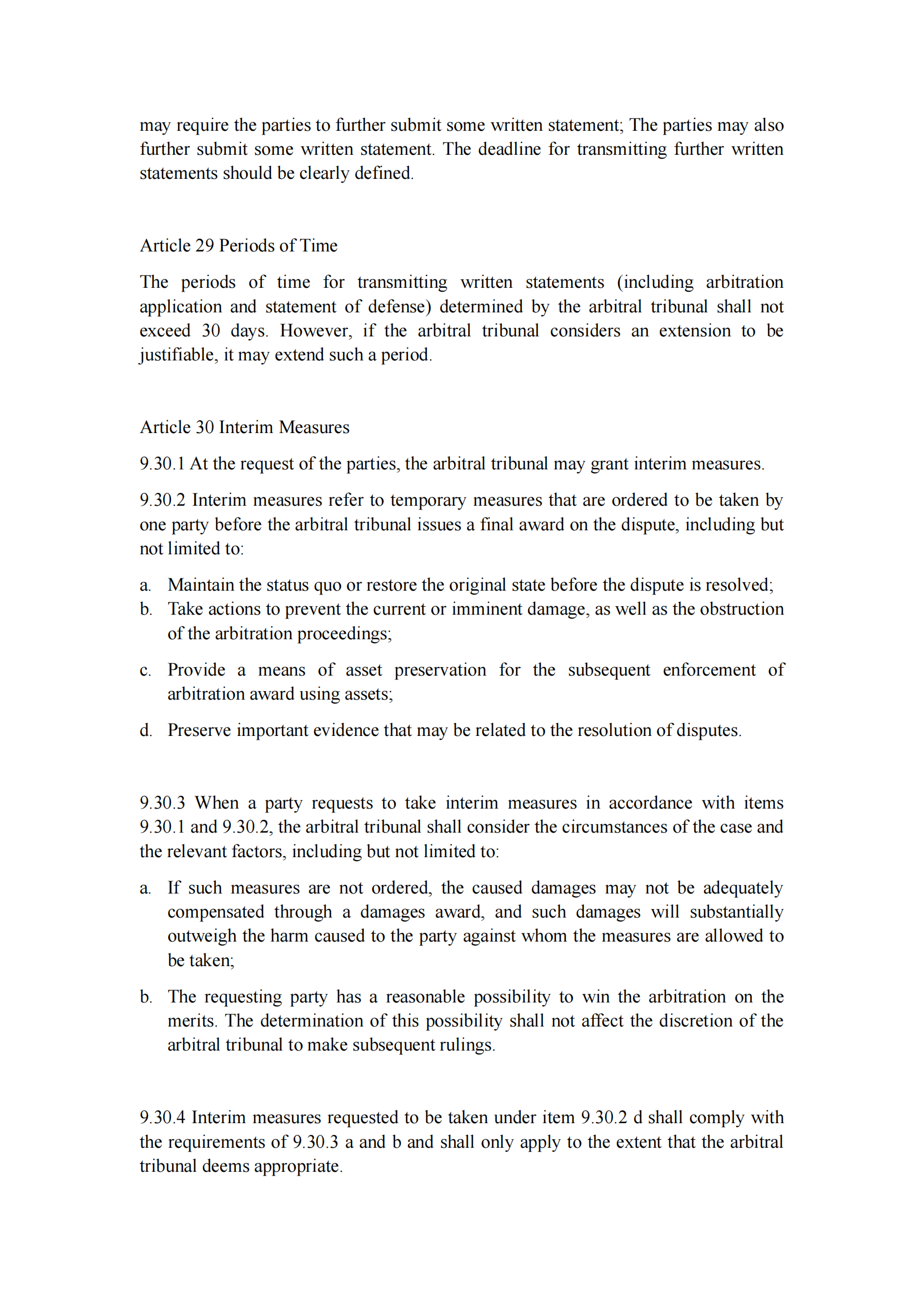
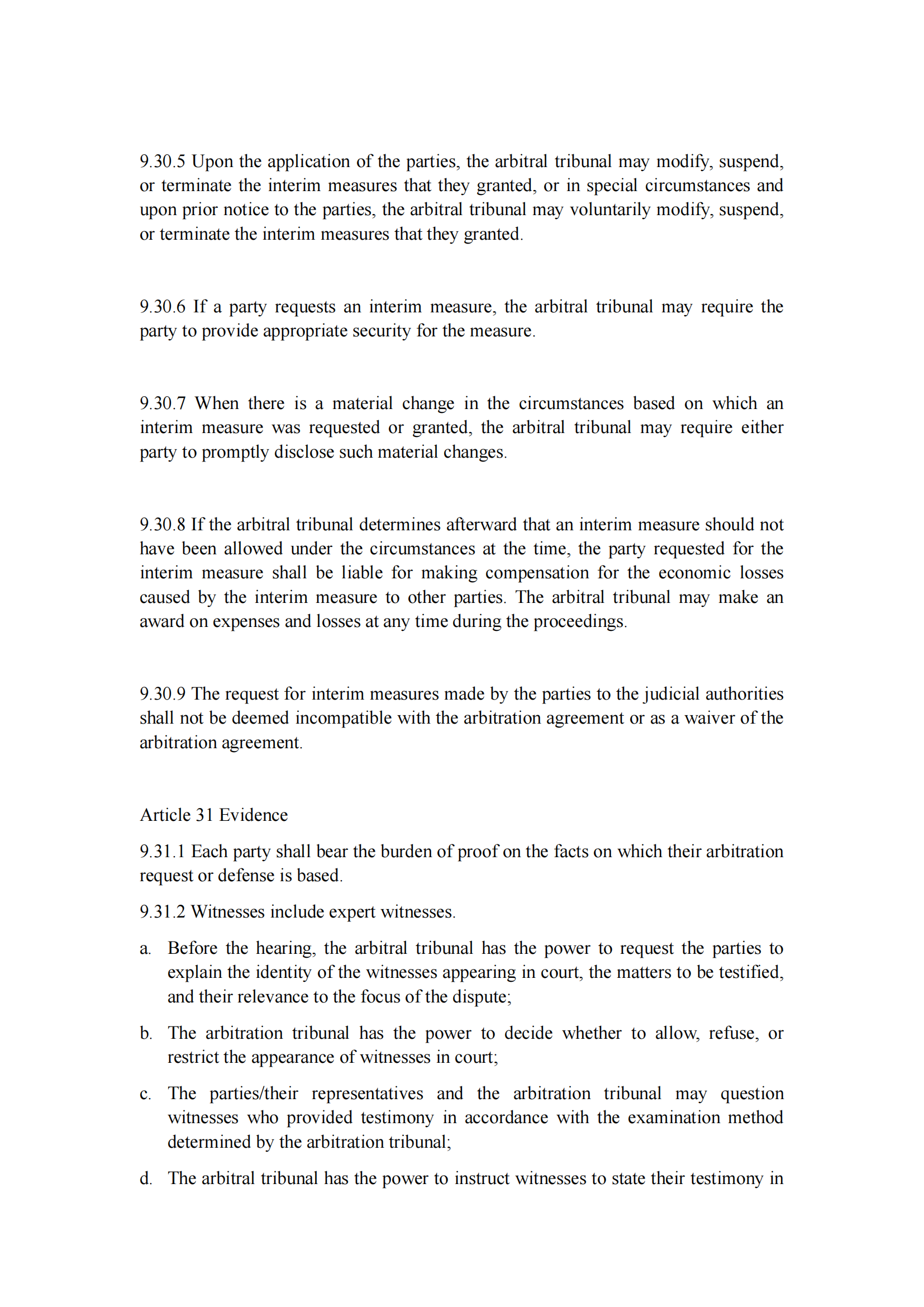
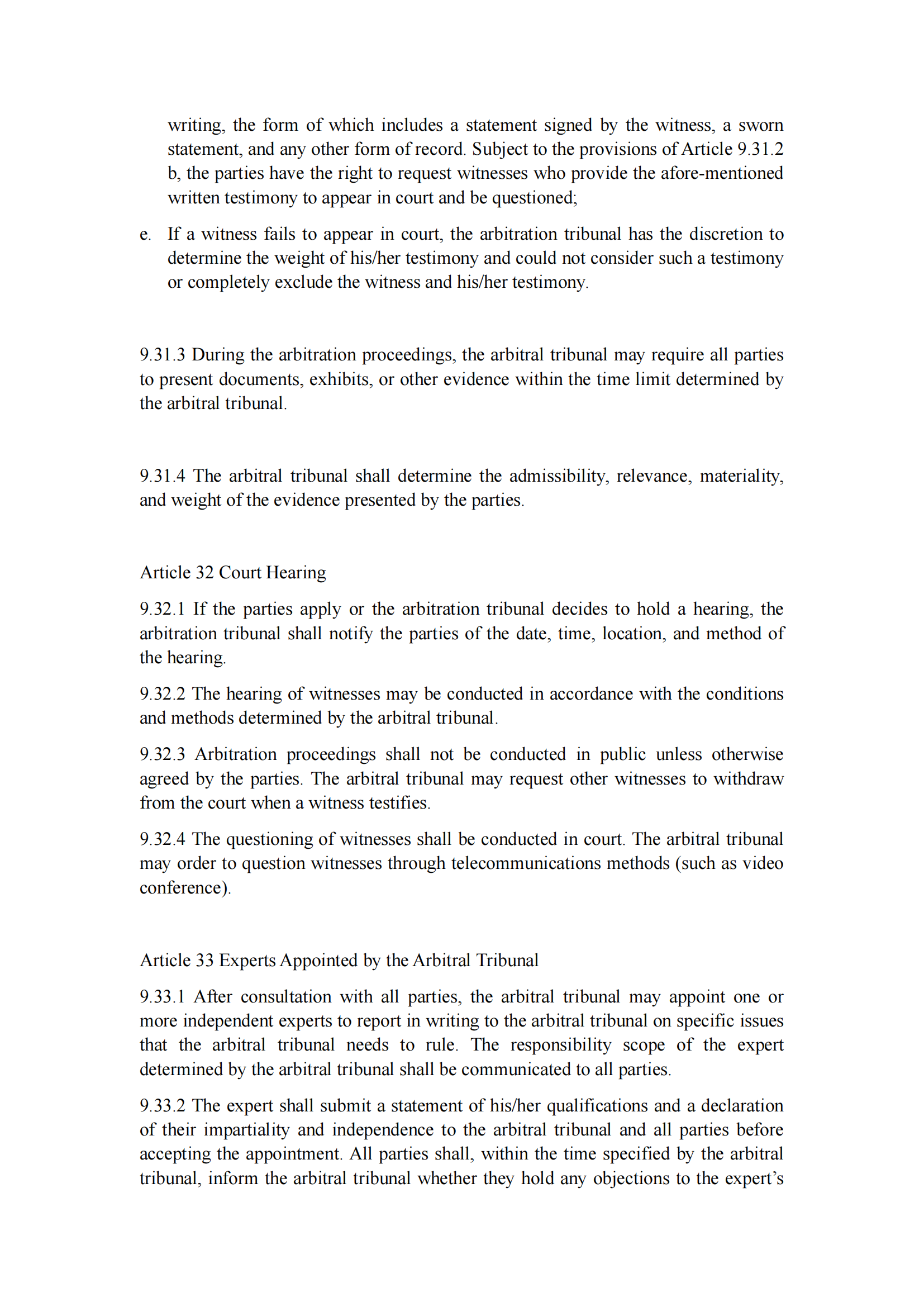
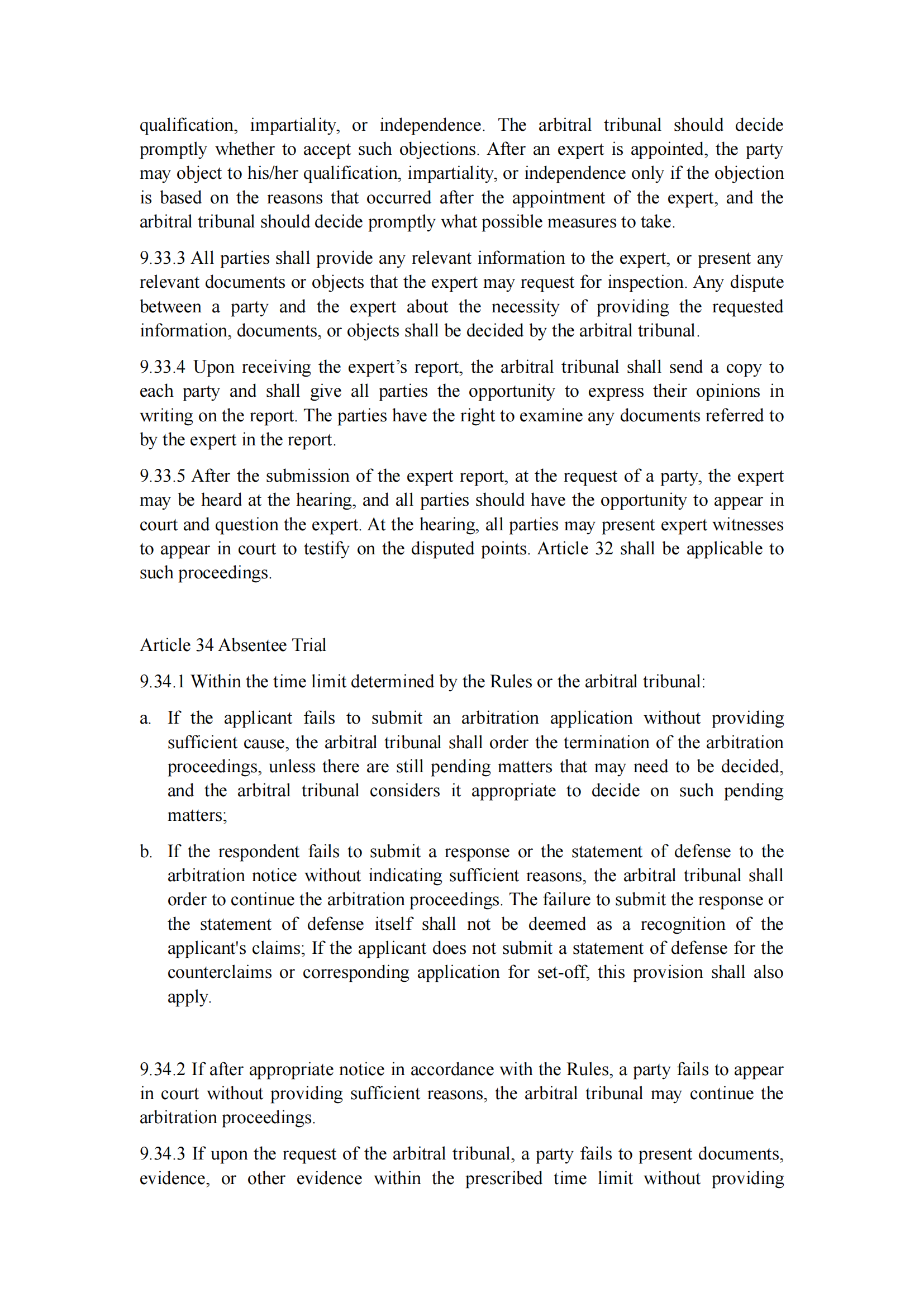
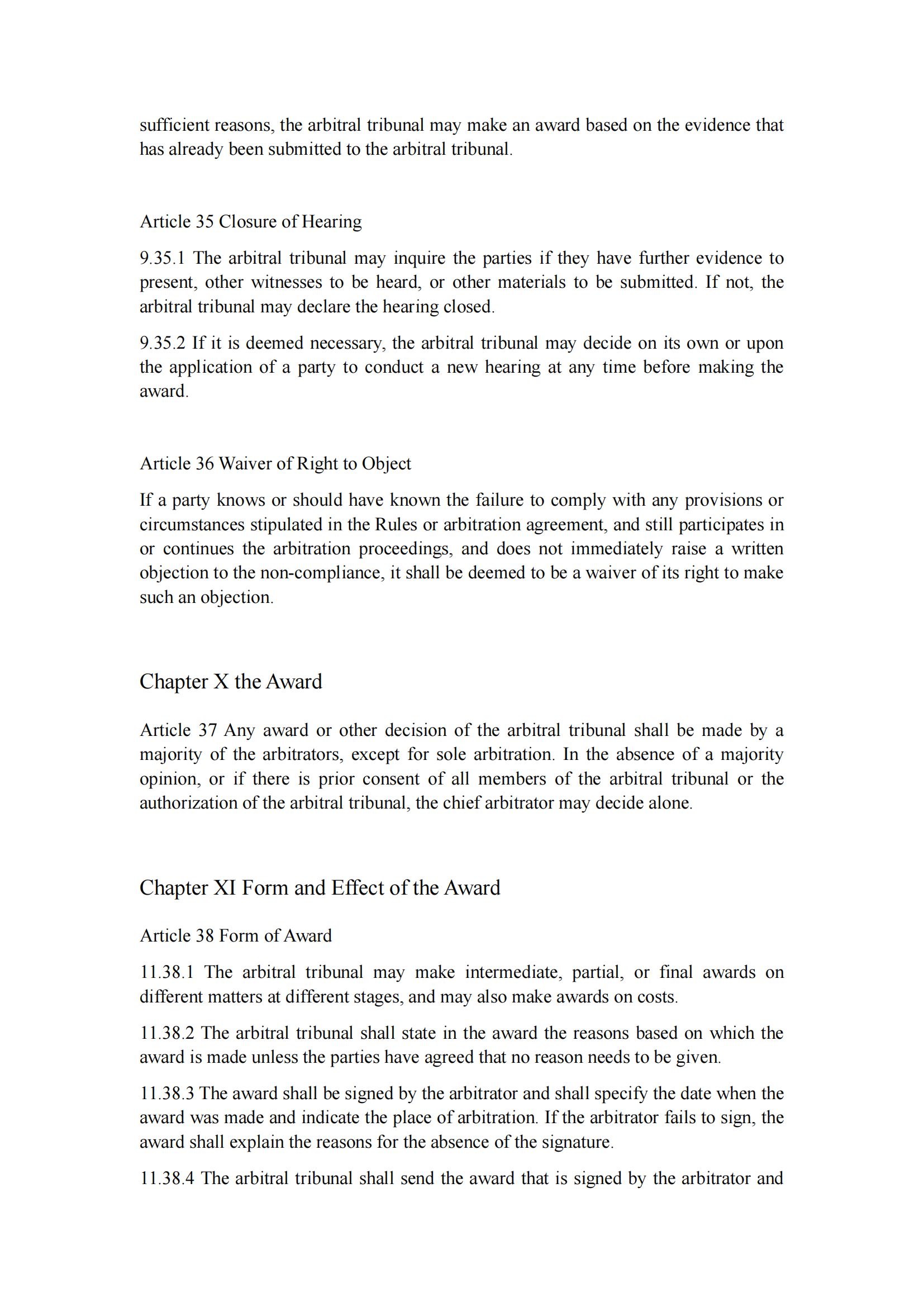
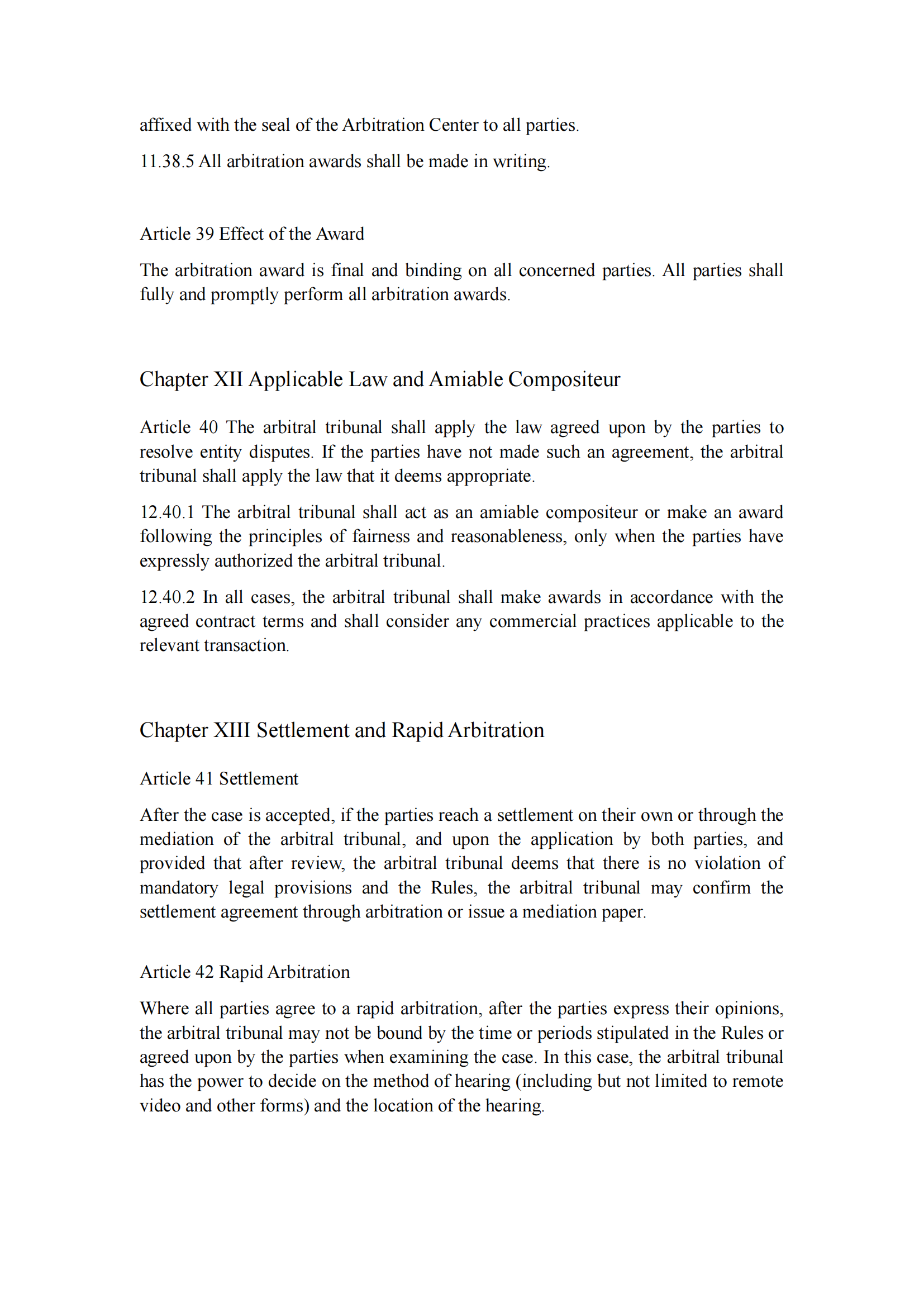
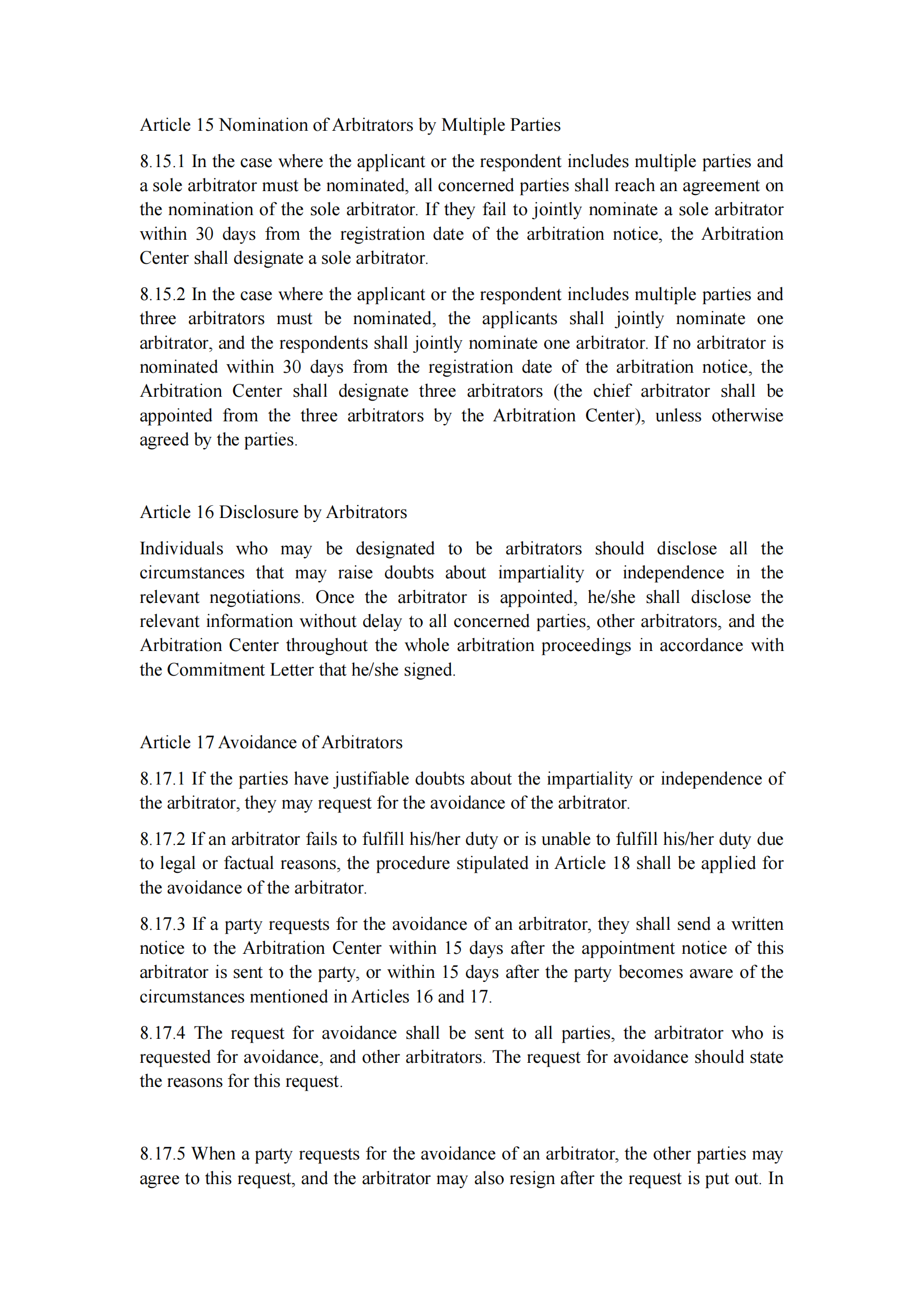
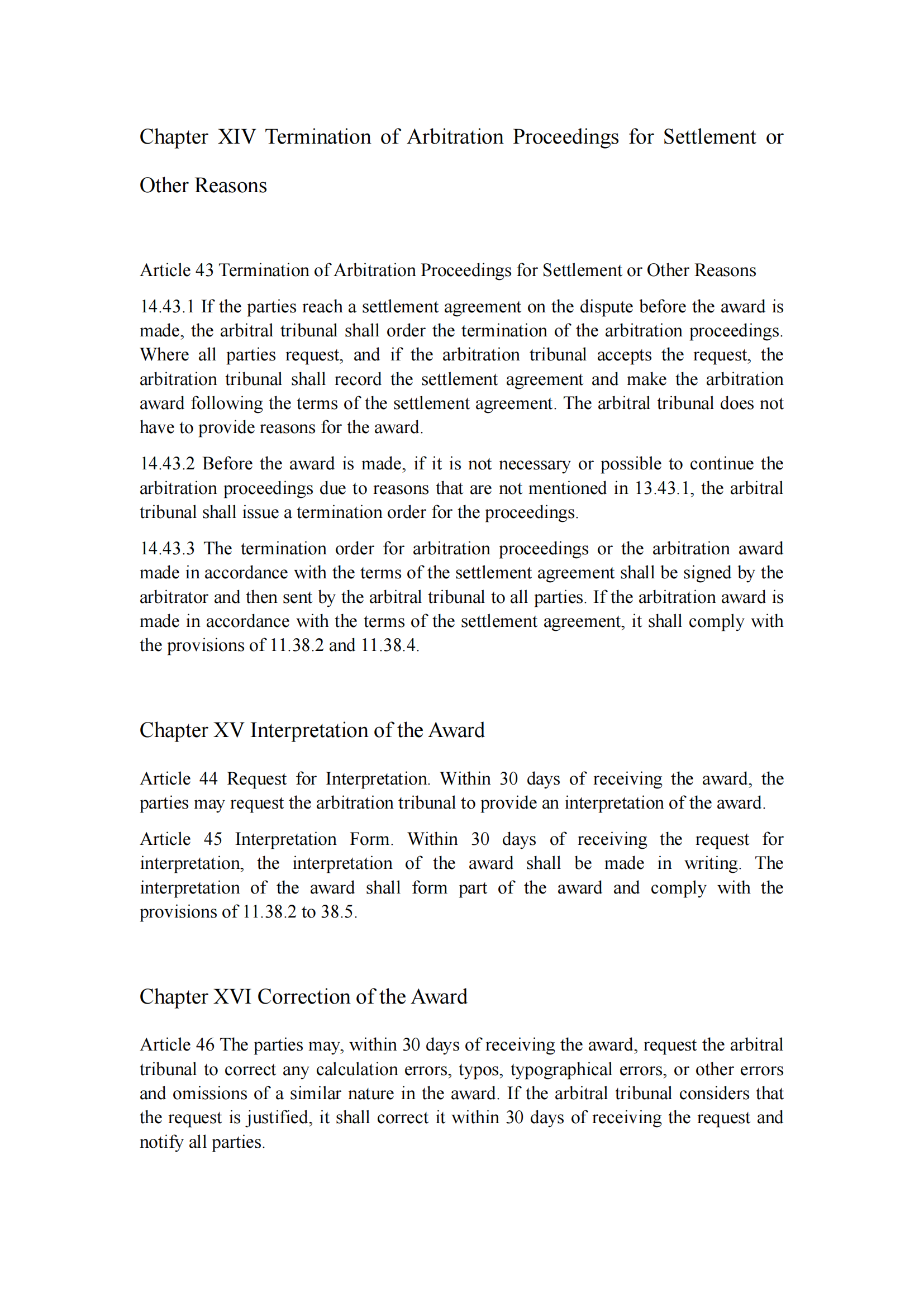
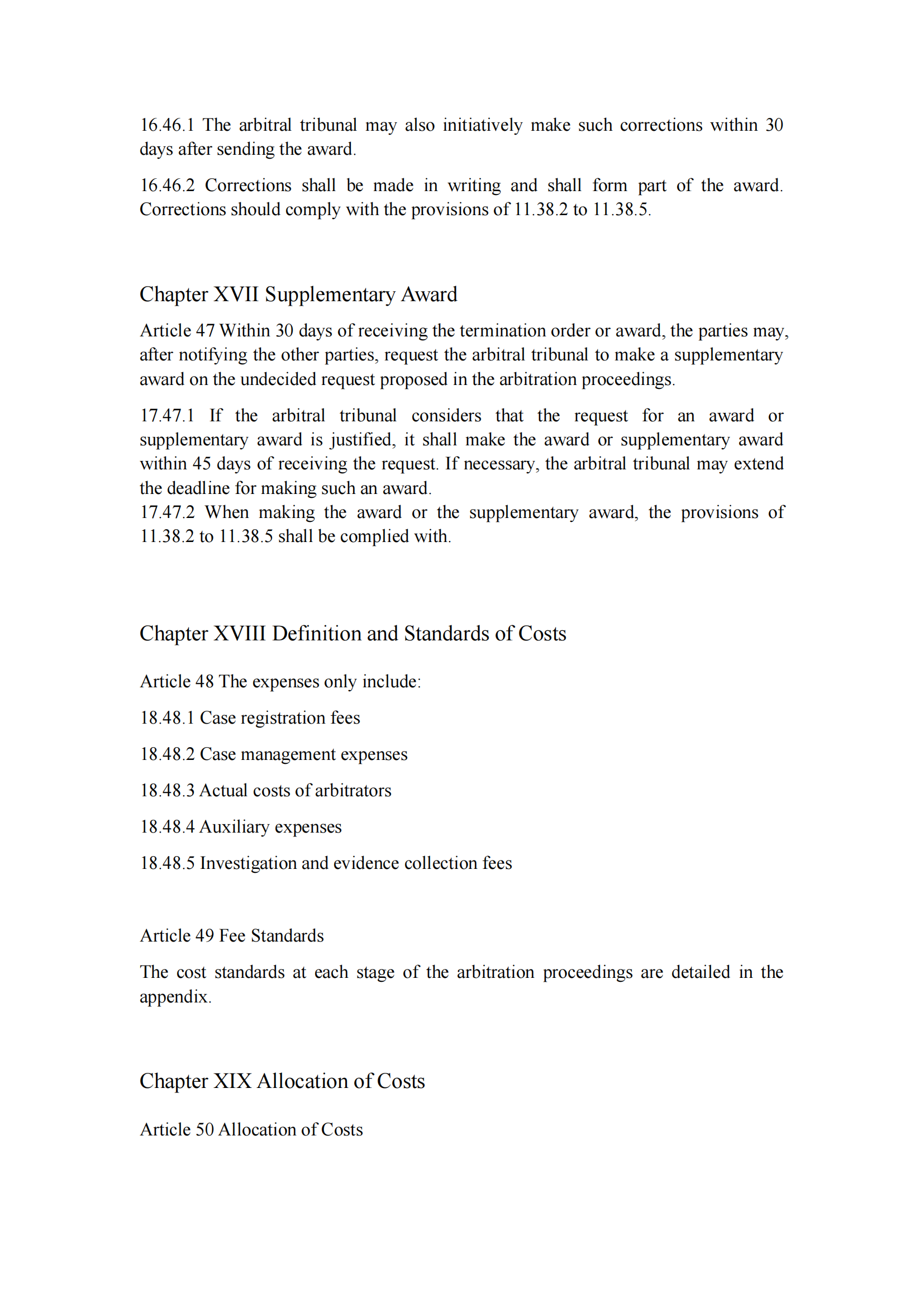
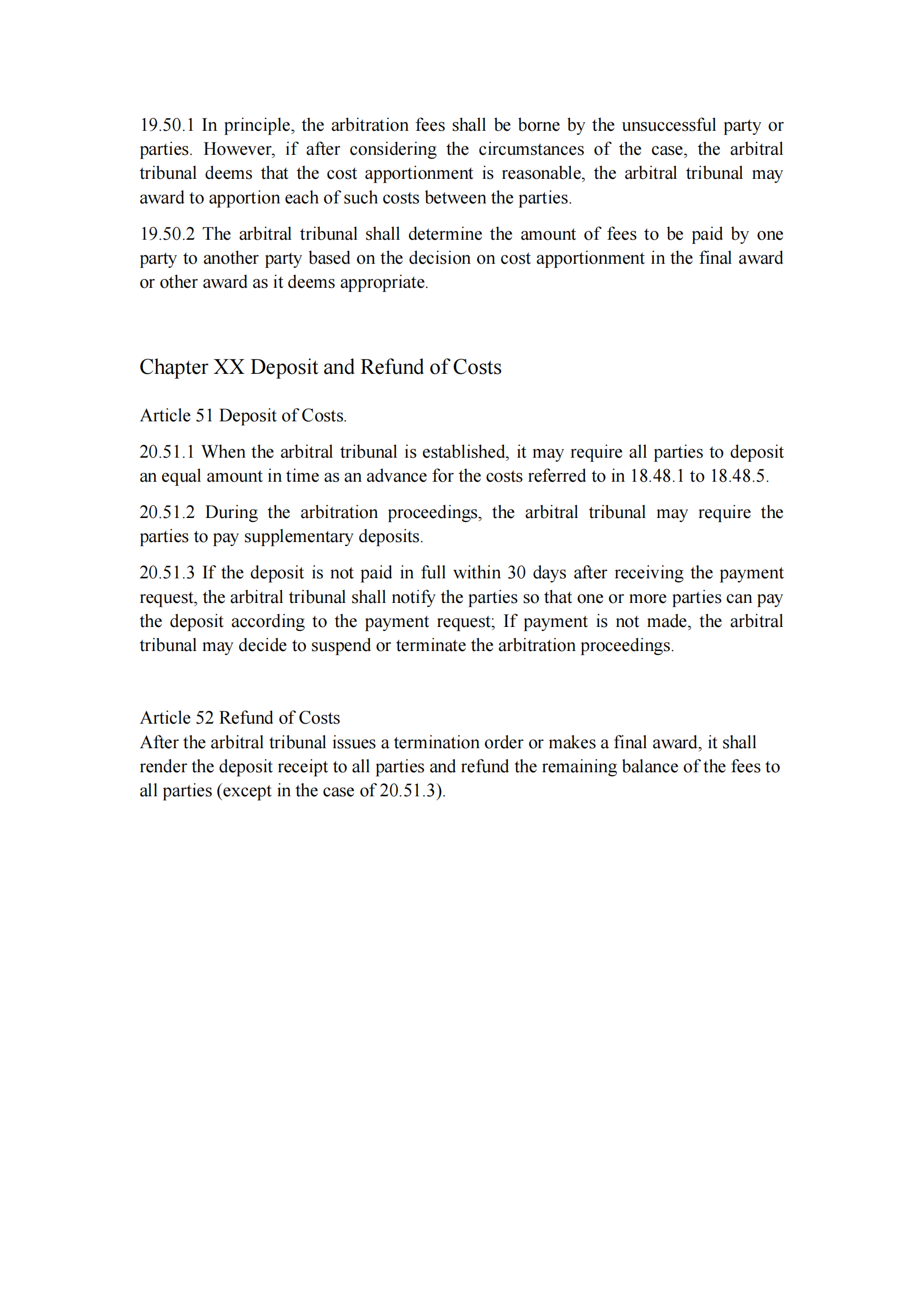
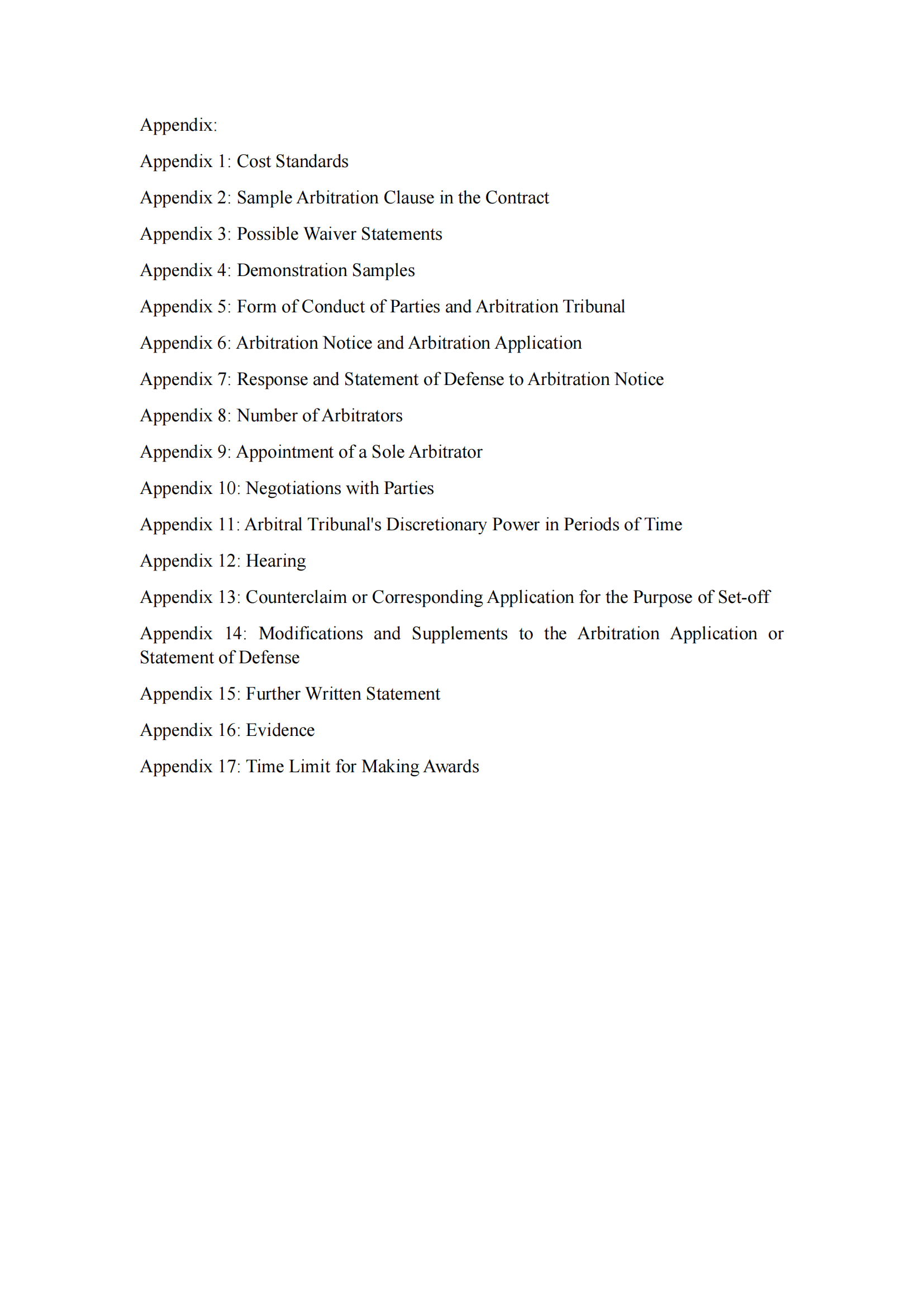
Guidelines for Arbitration Management and Services of the Shanghai Arbitration Commission on the Application of the Arbitration Rules of the United Nations Commission on International Trade Law
SHAC
Chapter 1 General Provisions
Article 1 Purpose
1.1 According to the articles of association of the Shanghai Arbitration Commission, formulate the "Guidelines for Arbitration Management and Services on the Application of the United Nations Commission on International Trade Law Arbitration Rules" (hereinafter referred to as the "Guidelines") for domestic and foreign parties to choose to apply.
1.2 The purpose of this Guide is to maintain the flexibility of the United Nations Commission on International Trade Law Arbitration Rules (hereinafter referred to as the "Rules"), and to provide assistance to the parties and the arbitral tribunal in organizing and providing administrative services, as agreed or requested by the parties, to ensure the fair and efficient resolution of relevant disputes.
Article 2: Applicable versions of the Rules of the International Trade Law Commission
2.1 If there is an agreement between the parties regarding the application of a certain version of the Rules of the International Trade Law Commission, such agreement shall prevail; If there is no agreement, it shall be deemed that the latest version of the CIETAC Rules shall apply on the date of submission of the arbitration application.
2.2 Matters not specified in the applicable version of the Trade Law Commission Rules as agreed upon by the parties shall be governed by the latest version of the Trade Law Commission Rules as of the date of submission of the arbitration application.
2.3 If the parties agree to exclude the application of Article 1, Paragraph 4 of the 2013 version, their agreement shall prevail.
2.4 If the parties agree to apply the expedited arbitration rules of the Commission on Trade Law (hereinafter referred to as the "expedited rules"), their agreement shall prevail.
Article 3 Scope of Application
This guideline applies to cases accepted by the Shanghai Arbitration Commission for arbitration based on the following arbitration agreements or investment protection agreements:
3.1 Agreement to submit to Shanghai Arbitration Commission for institutional arbitration in accordance with the Rules of the China International Trade Law Commission or the expedited rules, or any agreement with the same meaning.
3.2 Agree that the place of arbitration shall be Shanghai and have foreign-related factors, and the arbitration shall be governed by the Rules of the International Trade Law Commission. Designate the Shanghai Arbitration Commission as the designated institution for arbitrators, or require the Shanghai Arbitration Commission to only provide administrative services for temporary arbitration;
3.3 If the parties agree to make modifications to the relevant provisions of this Guide, their agreement shall prevail, except where their agreement is unenforceable or conflicts with the mandatory provisions of the law applicable to the arbitration proceedings.
Article 4 Arbitration Agreement and Investment Protection Agreement
4.1. The arbitration agreement and investment protection agreement referred to in this Guidelines refer to agreements or agreements reached in writing with the intention to request arbitration before or after the dispute arises.
4.2. Written forms include but are not limited to contracts, letters, and data messages (including telegrams, telexes, faxes, electronic data exchanges, and emails) that can tangibly express the content contained therein.
Article 5 Arbitration Application
5.1. One or more parties applying for arbitration (hereinafter referred to as "the applicant") shall submit an arbitration application to the Shanghai Arbitration Commission's offline address, email address, or online case handling platform.
5.2. The arbitration procedure shall commence from the date of receipt of the arbitration application by the Shanghai Arbitration Commission.
5.3. The arbitration application submitted by the applicant shall not only include the content required by Article 3 of the Rules of the International Trade Law Commission, but also include a record of the delivery of the arbitration application and its attachments to all other parties to the arbitration (hereinafter referred to as the "respondent") in one or more agreed ways, or a record of the delivery to the online case handling platform of the Shanghai Arbitration Commission. The applicant shall submit the delivery record and delivery date to the Shanghai Arbitration Commission, and the delivery time shall be based on the time stated in the delivery record.
5.4. When submitting an arbitration application, the applicant shall pay the relevant fees to the Shanghai Arbitration Commission in accordance with the provisions of Appendix 1.
5.5. The arbitration application shall use the arbitration language agreed upon by the parties. If there is no agreement, the following should be used:
(a) English, if the arbitration agreement is only reached in English;
(b) English or Chinese, to be chosen by the applicant, but this does not affect the subsequent decision of the arbitration commission or tribunal to use another language based on the specific circumstances of the case.
Article 6 Response to Arbitration Application
6.1. The respondent shall, within 30 days after receiving the arbitration application, submit a response to the arbitration application (hereinafter referred to as the "Response") to the Shanghai Arbitration Commission's offline address, email address, or online case handling platform in accordance with the requirements of the Rules.
6.2. The response submitted by the respondent shall not only include the content required by Article 4 of the Trade Law Commission Rules, but also include a delivery record confirming that the response and copies of its attachments have been or are being sent to all other parties to the arbitration in one or more agreed ways, or a record of being sent to the online case handling platform of the Shanghai Arbitration Commission. The respondent shall submit the delivery record and delivery date to the Shanghai Arbitration Commission, and the delivery time shall be based on the time stated in the delivery record.
6.3. The response should use the language of the arbitration application; If another language is used, it should be proposed in advance, with the consent of the applicant or submitted to the arbitration commission or tribunal for approval:
6.4. When submitting a response, the respondent shall pay the relevant fees to the Shanghai Arbitration Commission in accordance with the provisions of Appendix 1.
6.5. If the parties have paid the relevant fees in accordance with Appendix 1 and the arbitration tribunal has been formed, the Shanghai Arbitration Commission shall transfer the case and relevant materials to the arbitration tribunal.
Article 7: Shanghai Arbitration Commission's Preliminary Decision on Procedure
7.1. If the Shanghai Arbitration Commission considers that it has jurisdiction based on surface evidence, it may make a preliminary decision that the Shanghai Arbitration Commission has jurisdiction, and the arbitration proceedings shall continue; But it does not prevent the arbitration tribunal from making a separate jurisdictional decision after the trial.
7.2. Any objection to the jurisdiction of the arbitral tribunal shall be decided by the arbitral tribunal after its composition.
Chapter 2 Management and Services
Article 8 Designated institutions
8.1. The Shanghai Arbitration Commission shall perform the functions of the designated institution for arbitrators as stipulated in the Rules of the International Trade Law Commission; If the parties have other agreements, their agreements shall prevail.
8.2. When the Shanghai Arbitration Commission only fulfills the duties of appointing an arbitrator, the party applying for the appointment of an arbitrator shall prepay the fees for the appointment of an arbitrator as stipulated in Appendix 1 of these Guidelines to the Shanghai Arbitration Commission.
Article 9 Management Institution
The Shanghai Arbitration Commission will manage arbitration in accordance with this Guidelines and has the right to collect management fees in accordance with Appendix 1 of these Guidelines.
Article 10 Management and Services
10.1. When the Shanghai Arbitration Commission serves as the designated institution for arbitrators in accordance with the Rules of the International Trade Law Commission, it may perform its duties in the following matters and collect fees in accordance with Appendix 1 of these Guidelines:
(a) Appoint an arbitrator;
(b) Make a decision on the application for the recusal of the arbitrator;
(c) Appoint a substitute arbitrator;
(d) Assist in determining and prepaying arbitrator fees;
(e) Participate in the review mechanism regarding fees and charges; and
(f) Provide consultation on advance payment.
10.2. At the request of the parties or the arbitration tribunal, the Shanghai Arbitration Commission may provide assistance or administrative services in the following matters and charge fees in accordance with Appendix 1 of this Guide:
(a) Assist in communication between the arbitral tribunal and the parties, as well as between the parties;
(b) Assist in transmitting the property preservation and other applications of the parties involved;
(c) Provide conference and court services, including but not limited to providing a court room, providing audio and video facilities, arranging translation, making court transcripts, and assisting secretarial or secretarial affairs;
(d) Recommend mediation agencies or negotiation promotion agencies to promote reconciliation between the parties involved; and
(e) Provide other procedural assistance as deemed appropriate by the Shanghai Arbitration Commission.
Chapter 3 Composition of the Arbitration Tribunal
Article 11 List Method
11.1. When the Shanghai Arbitration Commission fulfills the duties of appointing a sole or chief arbitrator in accordance with the list method described in the Rules of the International Trade Law Commission, it shall comply with the agreement of the parties on the composition of the arbitration tribunal, while taking into account the specific circumstances of the case, and send the list of candidates to the parties.
11.2. The Shanghai Arbitration Commission may choose arbitrators from within or outside the roster of arbitrators of the Shanghai Arbitration Commission.
11.3. In fulfilling its designated duties, the Shanghai Arbitration Commission may, at its discretion, decide not to use the list method.
Article 12 Avoidance of Arbitrators
12.1. If the parties have reasonable doubts about the impartiality or independence of the arbitrator and there are circumstances as stipulated in Article 13 (4) of the Rules of the International Trade Law Commission, and the parties request the Shanghai Arbitration Commission to make a decision on the recusal of the arbitrator, they shall submit it in writing, explain the facts and reasons on which it is based, and provide necessary evidence.
12.2. The parties who submit an application for recusal to the Shanghai Arbitration Commission shall prepay the fees for making the arbitrator's recusal decision in accordance with Appendix 1 of this Guide.
12.3. The Shanghai Arbitration Commission shall promptly forward the application for recusal to other parties, the arbitrator being recused, and other arbitrators of the arbitration tribunal. The aforementioned personnel have the right to express their opinions on the application for recusal.
12.4. The Shanghai Arbitration Commission shall make a decision on the application for the recusal of the arbitrator in accordance with the laws and other relevant regulations of the region or country where the arbitration is held.
Chapter 4 Arbitration Procedure
Article 13 Place of Arbitration
13.1. If the parties have an agreement on the place of arbitration, their agreement shall prevail. If there is no agreement or the agreement is unclear, Shanghai shall be the place of arbitration.
13.2. The Shanghai Arbitration Commission advocates the principles of green arbitration and smart arbitration, encourages parties to resolve disputes through environmental protection methods such as informatization and digitization, and provides corresponding convenience for parties and the arbitration tribunal. Unless otherwise agreed by the parties, the Shanghai Arbitration Commission or arbitral tribunal may decide to use information technology for all or part of the arbitration proceedings, including but not limited to online filing, delivery, hearing, cross examination, etc.
Chapter 5 Fees and Expenses
Article 14 Collection and Management of Related Fees
According to the provisions of the Rules of the China International Trade Law Commission, the arbitration fees collected and managed by the Shanghai Arbitration Commission include:
(a) Filing fee;
(b) Case handling fees;
(c) The relevant management fees specified in Appendix 1 of this Guidelines;
(d) Compensation for arbitrators; and
(e) All necessary expenses of the arbitration tribunal.
14.2. After the formation of the arbitration tribunal, the parties shall prepay the remuneration of the arbitrators and the necessary expenses of the arbitration tribunal to the Shanghai Arbitration Commission in accordance with their agreement with the arbitrators or the instructions of the arbitration tribunal.
14.3. During the arbitration process, if one party fails to prepay the relevant fees in accordance with the regulations, the Shanghai Arbitration Commission may notify the other parties so that they can make the payment on their behalf. If the payment has not been made, the Shanghai Arbitration Commission may recommend the arbitral tribunal to continue, suspend or terminate the proceedings in a form it deems appropriate.
Article 15 Remuneration of Arbitrators
The remuneration of the arbitrator shall be determined through consultation between the parties and the arbitrator, and shall be pre paid to the Shanghai Arbitration Commission for management in accordance with Article 41 of the Rules of the International Trade Law Commission.
Article 16: Expenses of the arbitral tribunal
The arbitral tribunal shall provide the parties with a detailed list of the necessary expenses of the arbitral tribunal, including but not limited to transportation expenses, accommodation expenses, catering expenses, etc., and attach corresponding receipts or explanations.
Chapter 6 Other Terms and Conditions
Article 17 Communication
All communications, notices, documents, orders, decisions, and awards transmitted in accordance with the Rules of the China International Trade Law Commission shall be promptly delivered to the Shanghai Arbitration Commission simultaneously or subsequently.
Article 18 Institutional Disclaimer
Except for intentional or gross negligence, neither the Shanghai Arbitration Commission nor its staff nor arbitrators shall bear any legal responsibility for any act or omission in arbitration conducted in accordance with this Guidelines.
Article 19 Interpretation of Procedures
19.1. In addition to Appendix II of the Commission on International Trade Law's Rapid Arbitration Rules, the appendices attached to this Guide constitute an integral part of this Guide. Appendix 2 of the Rapid Arbitration Rules of the International Trade Law Commission provides the special procedures that the parties may choose to apply.
19.2. This Guidelines and its appendices shall be interpreted by the Shanghai Arbitration Commission. The Shanghai Arbitration Commission will revise this Guidelines and its appendices from time to time.
19.3. The Shanghai Arbitration Commission may issue practical guidelines from time to time to supplement, standardize, and implement these Guidelines, and improve the management of arbitration cases conducted in accordance with the Rules of the International Trade Law Commission.
19.4. Any decision made by the Shanghai Arbitration Commission in accordance with the Rules of the Trade Law Commission and these Guidelines shall not be obliged to provide reasons, and such decision shall be final.
19.5. The Chinese, English, and other language versions of this guideline are all official texts. If there is inconsistency in the expression of different texts, the Chinese text shall prevail.
19.6. This guideline shall come into effect on December 1, 2023
[Appendix 1] Arbitration Fee Regulations
1、 Fee standards for institutional arbitration
If the parties agree to submit the dispute to the Shanghai Arbitration Commission for institutional arbitration, the case acceptance fee and case handling fee shall be charged according to the fee standards stipulated in Annex 1 of the Shanghai Arbitration Commission Arbitration Rules.
2、 Fee standards for designated institutions or administrative assistance services only
(1) Filing fee
The filing fee is RMB 5000 and will not be refunded under any circumstances.
(2) Designated institutional management fees
The fees included in this provision cover the expenses incurred by the Shanghai Arbitration Commission in fulfilling the responsibilities of the designated institution under Article 10.1 of these Guidelines:
1. Appointed arbitrator (currency: RMB)
Designate one arbitrator
Appoint 2 arbitrators
Appoint 3 arbitrators
Prepaid fees by the parties involved
10000 yuan
15000 yuan
18000 yuan
2. Adjudication decision by arbitrator
A fee of RMB 20000 is charged for each decision regarding the avoidance of arbitrators.
3. Financial management of arbitration cases
When the Shanghai Arbitration Commission performs its financial management functions in cases, it charges a financial management fee of 0.1% of the total amount of case fees managed on its behalf. If it is less than RMB 1000, it will be charged at the standard of RMB 1000. Financial management fees should not exceed RMB 100000.
(4) Provide assistance or administrative service fees
The fees incurred by the Shanghai Arbitration Commission for providing assistance under Article 10.2 of these Guidelines or other administrative services requested by the parties or the arbitration tribunal shall be charged based on actual expenses.
Independent, impartial and innovative
Providing extended services to facilitate arbitration and dispute resolution
